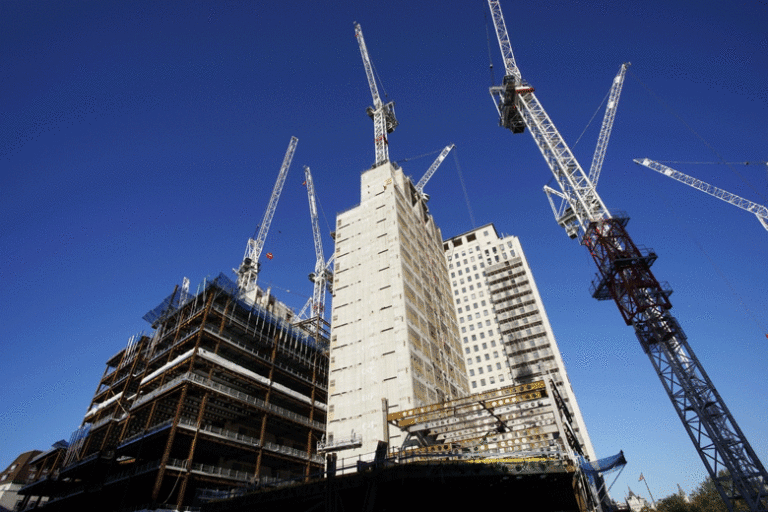Short-term outlook for GCC projects market deteriorates

Heading into the final quarter of 2018, it seems that the regional market has yet to recover from the damage caused by low oil prices
As we enter the final quarter of 2018, it becomes increasingly pertinent to evaluate how the market will likely end up performing for the year as a whole, and to predict whether this year will be an improvement on 2017 and 2016.
At first glance, the picture – based on contract award data from projects tracking service MEED Projects – is mixed. On one hand, the UAE, Saudi Arabia and Bahrain are expected to perform as anticipated, awarding or forecast to award contracts above or in line with previous years’ totals. On the other hand, Kuwait, Oman and Qatar are likely to do considerably worse than anticipated, significantly under performing compared with their historical annual averages.
Falling short
The key question when assessing 2018’s final market performance is whether the growth in the UAE, Saudi Arabia and Bahrain projects sectors is enough to outweigh declines in the other countries.
The answer, unfortunately, appears to be no. As of mid-September, the total value of contracts awarded in the GCC states was almost $70bn. On a pro rata basis, it would appear to be unlikely that the region would be able to even hit $100bn-worth of contract awards, let alone the $120bn-worth required to match last year’s total, or the figure of $113bn recorded in 2016.
Biggest markets
As in the past three years, the UAE – and Dubai in particular – leads the way, with nearly $33bn in contracts, almost half of all deals awarded in the region. In 2017, the federation let a record $49bn-worth of contracts and looks set to hit close to that number again.
The second-largest market is Saudi Arabia at $21bn-worth of contracts, year-to-date. This puts the kingdom on target to reach or exceed last year’s total of $27bn.
Poor performance
In contrast, Qatar, Kuwait and Oman have a combined total of just $13.2bn, barely a third of the $37.1bn total they jointly recorded in the whole of 2017.
There are a variety of reasons why these three markets have seen a decline in year-on-year performance. Qatar is clearly feeling a hangover from the Fifa 2022 World Cup spending boom of previous years, as well as the impact of the embargo imposed by its neighbours.

Kuwait has nearly always under-performed historically, and the most fiscally conservative of all the GCC states has tightened infrastructure spending in response to lower oil revenues. Likewise, Oman – one of the smaller projects markets – has had fewer private sector-fuelled schemes in 2018 compared to previous years.
Final quarter
If the region is to close in on 2017’s total of $120bn, it would need a quite exceptional final quarter. Currently, there are $64bn-worth of GCC contracts at the bid evaluation stage.
However, it would unrealistic to expect these to all be awarded in the next three months given that the average value of work awarded in each of the last 15 quarters was $31.7bn. If this average is applied to the final quarter, the market could end the year around the $100bn mark.
Optimism dashed
If this does end up being the final 2018 total, it would represent by far the worst year for the GCC projects market since 2004, even below the 2016 nadir. Hopes that rising oil prices would result in increased spending this year appear to have been overly optimistic.
It also means there is an even greater emphasis – and dependence – on the UAE and Saudi Arabian markets to maintain momentum to stop an all-out market collapse.
Ultimately, despite the bullish talk about megaprojects, there are few signs that the market is recovering from the fall in oil prices. It now seems increasingly unlikely that the market will return to the pre-2015 heyday any time soon.



